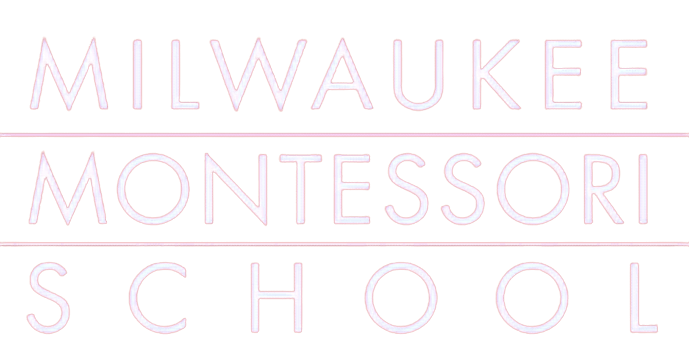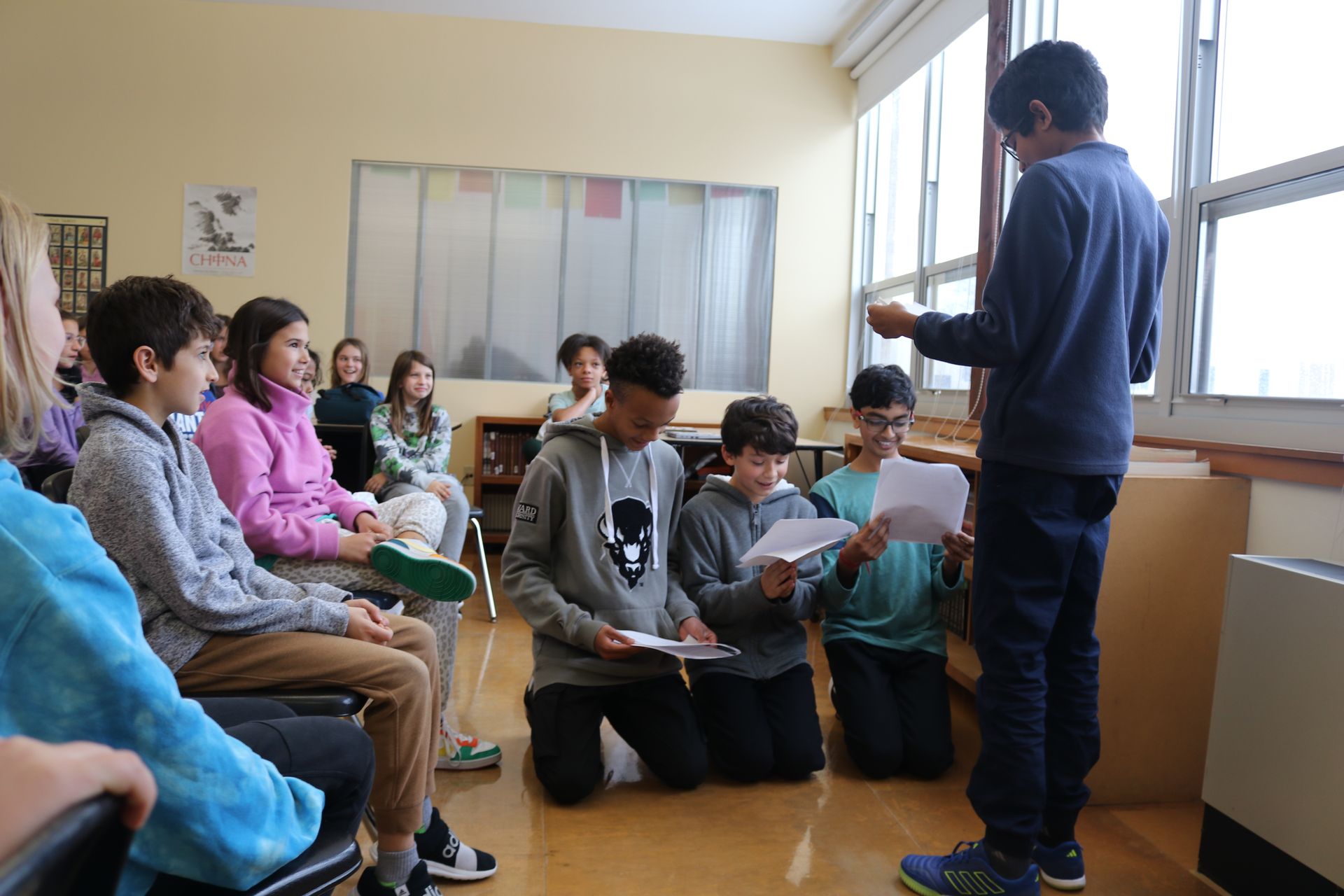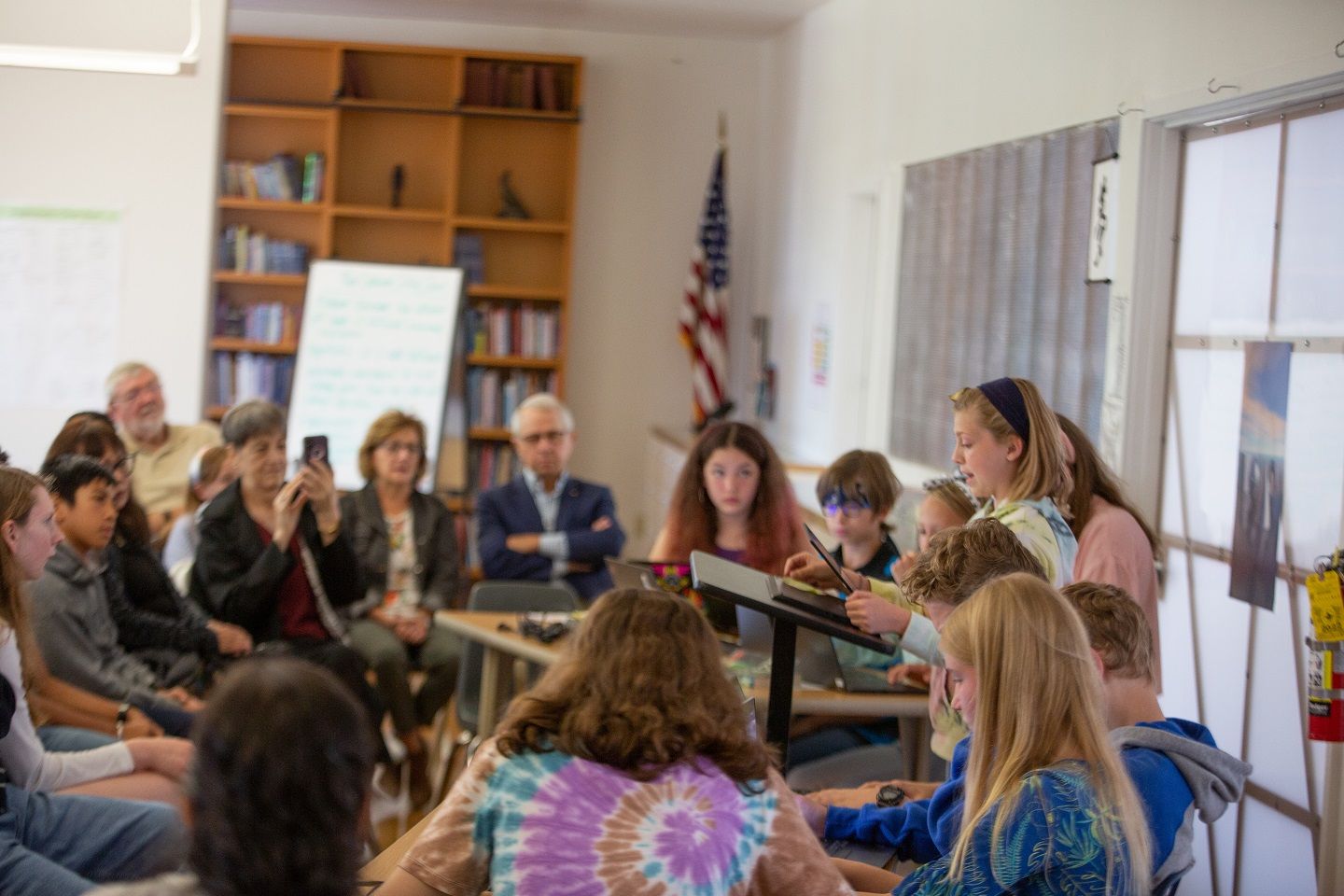Why MMS?
New Paragraph

MMS was established in 1961 as one of the first Montessori schools in America, and that level of continuity, history, and experience matters because after graduating generations of students who now have their own children and grandchildren at MMS, we know what it takes to position your child for success in High School and beyond. Our methods and environment are so well respected that our 8th grade graduates average half a million dollars in High School scholarships annually.
MMS is independent
MMS is independent in the truest sense of the word. Independent schools offer
mission-driven education. All of the work we collectively do on behalf of your child is driven by our unique philosophy, values, and approach to teaching, which we express in our mission:
Educating youngsters to become an informed, committed and difference-making generation.
Why do we exist?
As an independent school, also known as a private school, we are dedicated to expanding the human potential of all children for the purpose of educating them for a freer, safer, world. The work of our faculty and staff is rooted in our belief in democracy, personal freedom, solidarity with those at the periphery of society, the well-being of our planet, and educating children to become informed, engaged, ethically minded citizens for the world that they will inherit.
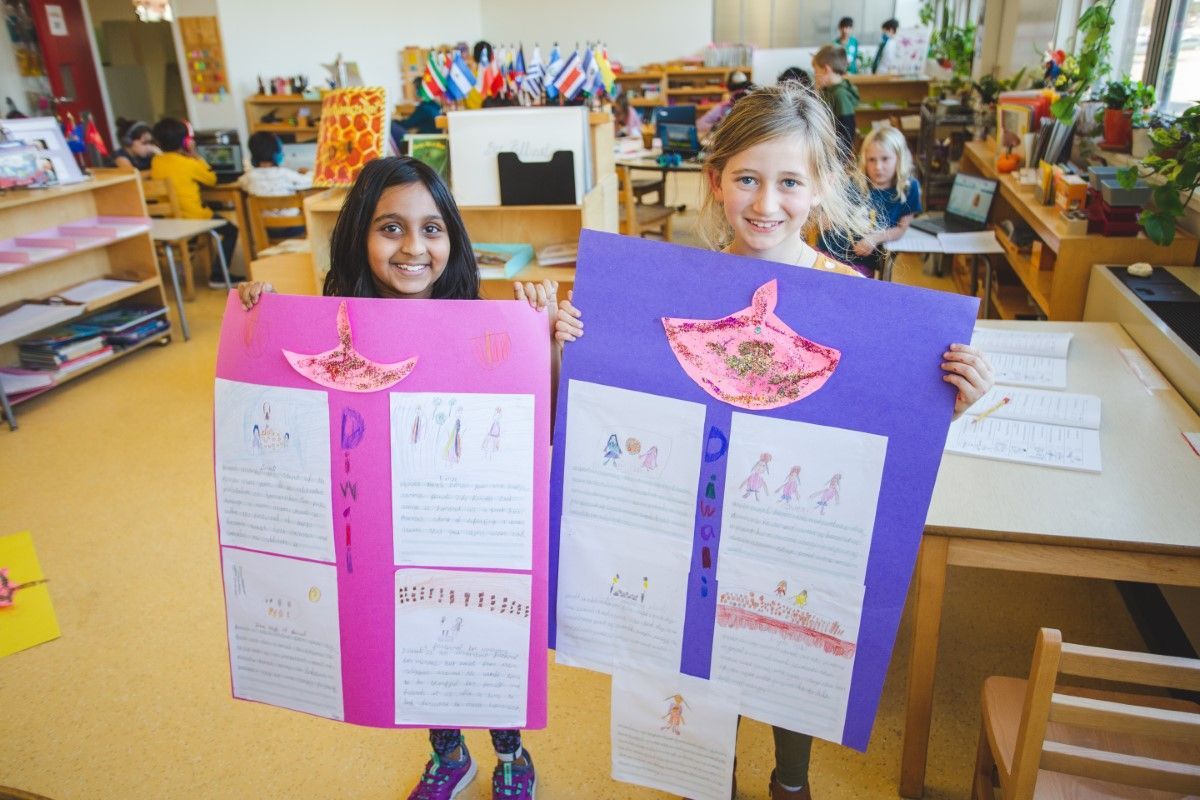
We hold high standards so every child is academically challenged
MMS nurtures intellectual curiosity, stimulates personal growth, encourages critical thinking, a growth mindset, a robust work ethic, and promotes a love of learning. Every child is known, challenged, and invested in. More students in independent schools enroll in advanced courses upon High School matriculation than in public or parochial schools. On average, 93% of our 8th-grade graduating class enrolls in one or more AP-level courses in their freshman year.

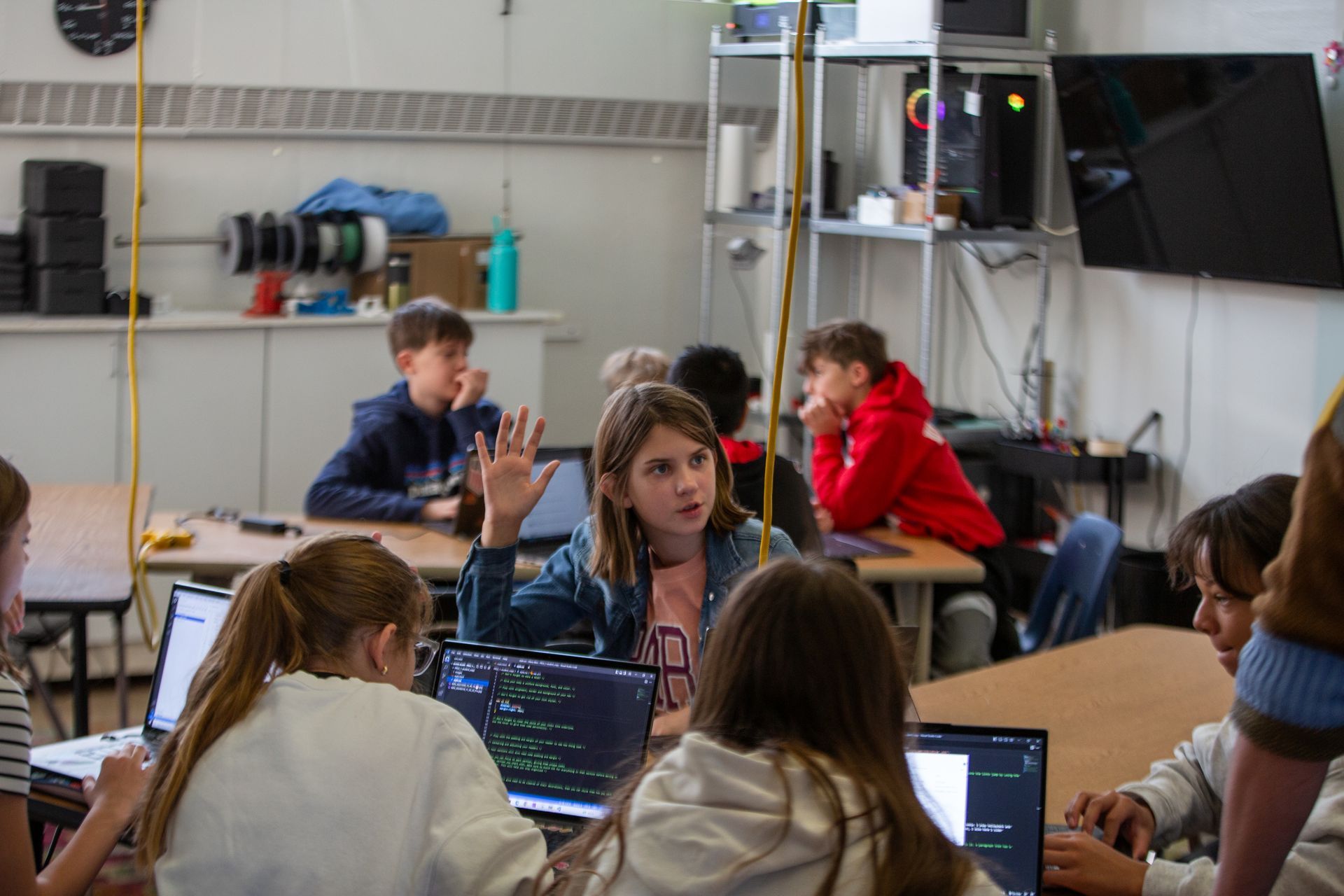

PROGRAMS
CONNECT
Phone (414) 259-0370
